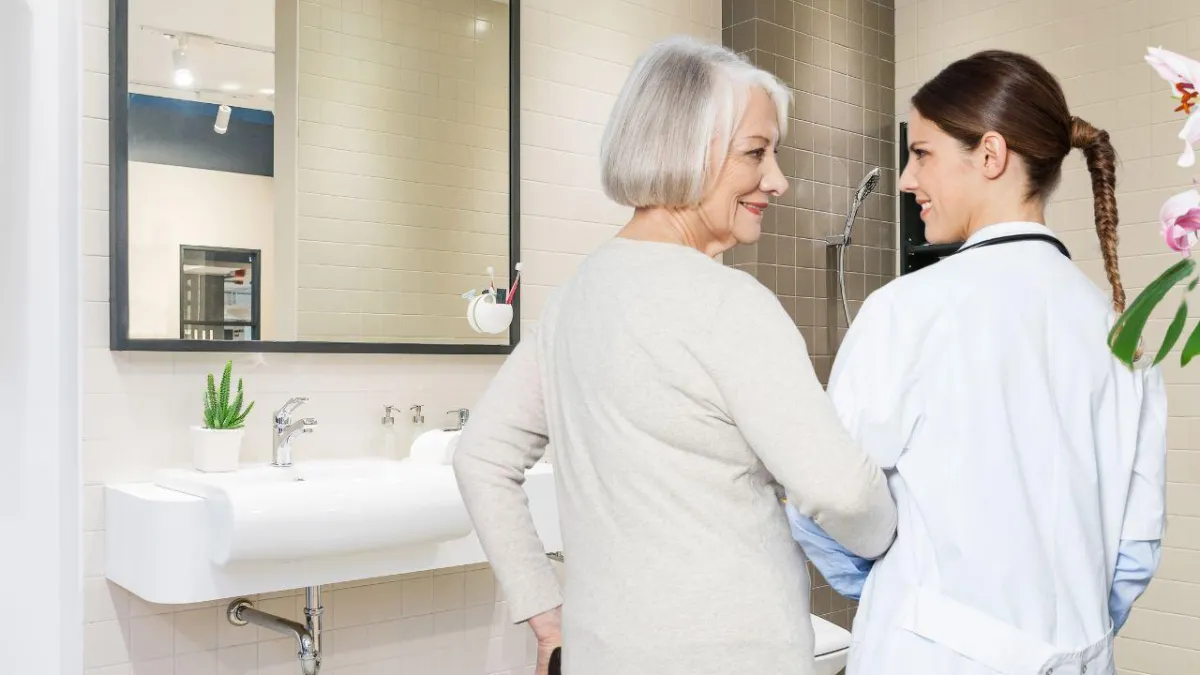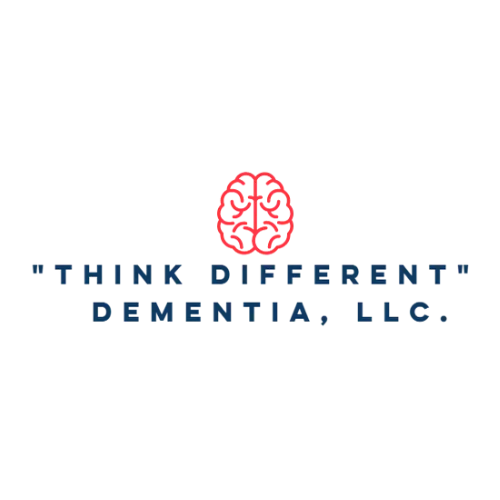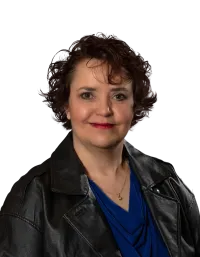Listen to our Podcast

How To Help Your Loved One With Dementia Take A Bath
As caregivers or family members, one of the challenges faced is assessing the level of help our loved ones require, especially in day-to-day activities. Among these, the seemingly simple act of bathing can turn complex, especially when memory or cognitive issues play a part.
Here’s a step-by-step guide to gauge the level of independence your family member has when it comes to washing up.
1. Absolute Independence in Bathing
If your loved one can wash themselves from head to toe, handle interruptions, remain cautious of a wet floor, and resourcefully locate new soap when it runs out, they're completely independent in this task. However, this doesn't imply they're capable of managing all other household tasks like handling medicines or bill payments.
2. Differentiating Bathing Independence from Other Household Tasks
While they might shine in their bathing routine, don't let this sole task define their overall ability to manage other facets of living independently.
3. Three Levels of Independence in Showering
a. Moderate Independence: If your loved one can wash up but gets easily distracted, sporadically notices safety hazards, and occasionally seeks assurance or help in procuring essentials like soap, they likely need daily support or supervision, albeit not necessarily in the bathroom.
b. Minimal Independence: When they need active surveillance, miss washing parts of their body out of their direct line of sight, and constantly need your guidance to finish their shower, your presence in the bathroom becomes essential.
c. Supervised Bathing: If they can only wash parts they see, remain oblivious to hazards, and either stop washing or seek help when they run out of soap, they require step-by-step guidance and cannot be left alone during a bath.

4. Need for Direct Assistance in Showering
Those who don’t bathe independently, possibly requiring a seated position for you to assist them, but exhibit some intent to wash when handed a washcloth, still demand your assistance. Their efforts, though, may lack focus or quality, necessitating your undivided attention and assistance during the shower.
5. Comprehensive Support in Bathing
For those who no longer attempt to wash themselves and may struggle even to hold or maneuver a washcloth, an alternative approach is needed. Such individuals might benefit more from sponge baths, given the challenges they face in maintaining their posture.
6. Understanding The Spectrum of Independence
It’s essential to recognize that the act of washing up or taking a bath can range across a spectrum for individuals, especially those with dementia. The six levels discussed shed light on the varying degrees of help they might need, urging caregivers to tailor their support accordingly.

Conclusion: Catering to Individual Needs
It’s not about labeling the level of independence but about understanding and catering to the unique needs of our loved ones. Being observant, patient, and adaptable can ensure that they receive the right amount of support, ensuring safety and comfort in their daily routines.
As caregivers, while it's our responsibility to provide assistance, it's equally vital to empower and encourage our loved ones to retain their sense of independence for as long as possible.
Let me know in the comments below if you have questions about dementia that you need answered.
If you would like more information on how to help a parent living with dementia, join our next free workshop here.
Read More:
Make Your Living Room Senior-Friendly
How To Set-up A Bedrail To Assist Mobility
Disclaimer: These blogs, videos and any work done by Lizette Cloete OT, as a Member of Think Different Dementia, LLC, is given only as educational content and consulting work. This does not create an Occupational Therapist-Patient Relationship. The educational content and consulting work performed should not be considered medical treatment as an Occupational Therapist. The consulting work does not take the place of medical work normally performed by a licensed Occupational Therapist. Please consult a licensed Occupational Therapist for medical advice.
“Think Different” Dementia’s owner, Lizette Cloete, OTR/L graduated as an Occupational Therapist from the University of Pretoria in South Africa in 1992. She and her husband emigrated to the USA in 1993, and currently reside in South Carolina. They have 2 daughters and one son-in-love, 4 cats, one dog and 16 chickens.
Lizette has almost 30 years of experience as an Occupational Therapist in a variety of settings, the latest being in the home health environment. Among her many accomplishments, she served on the South Carolina Occupational Therapy Association’s Board of Directors from 2008-2014. She enjoys teaching on the topic of dementia, most recently presenting at a national conference on the topic “Dementia Made Simple”

NAVIGATION
Contact Us
lizette@thinkdifferentdementia.com
© Copyright 2023. "Think Different" Dementia, LLC. All rights reserved.

